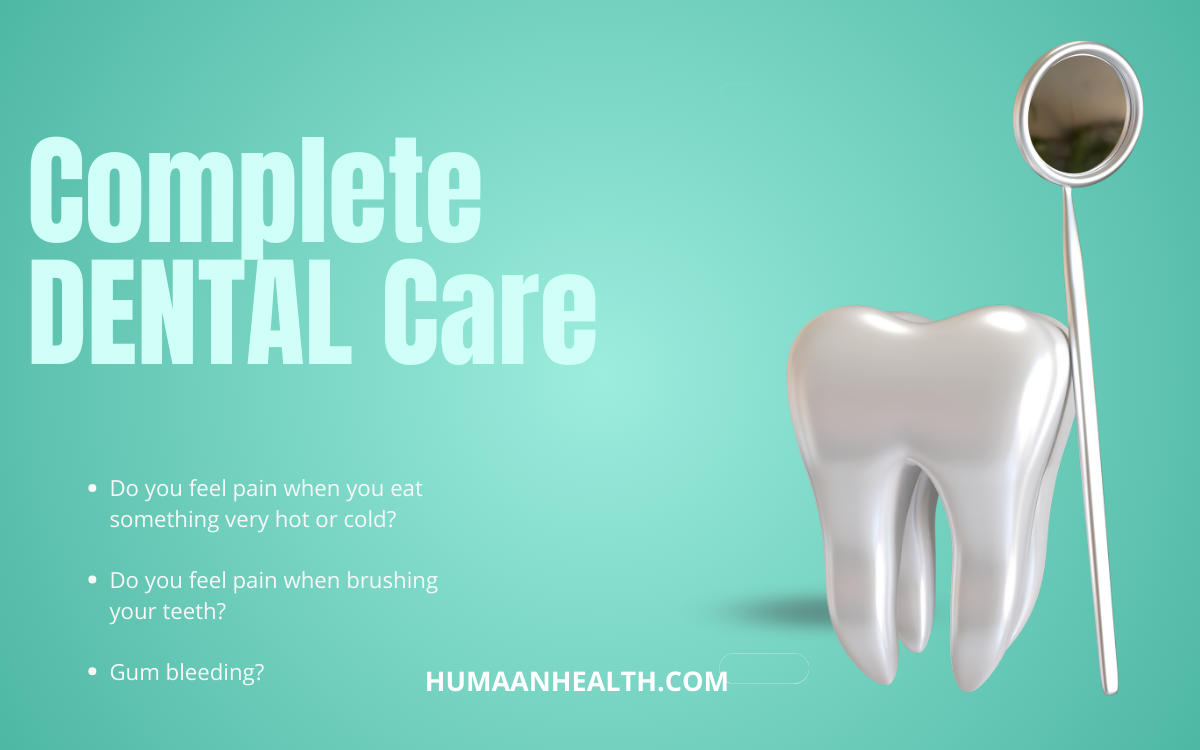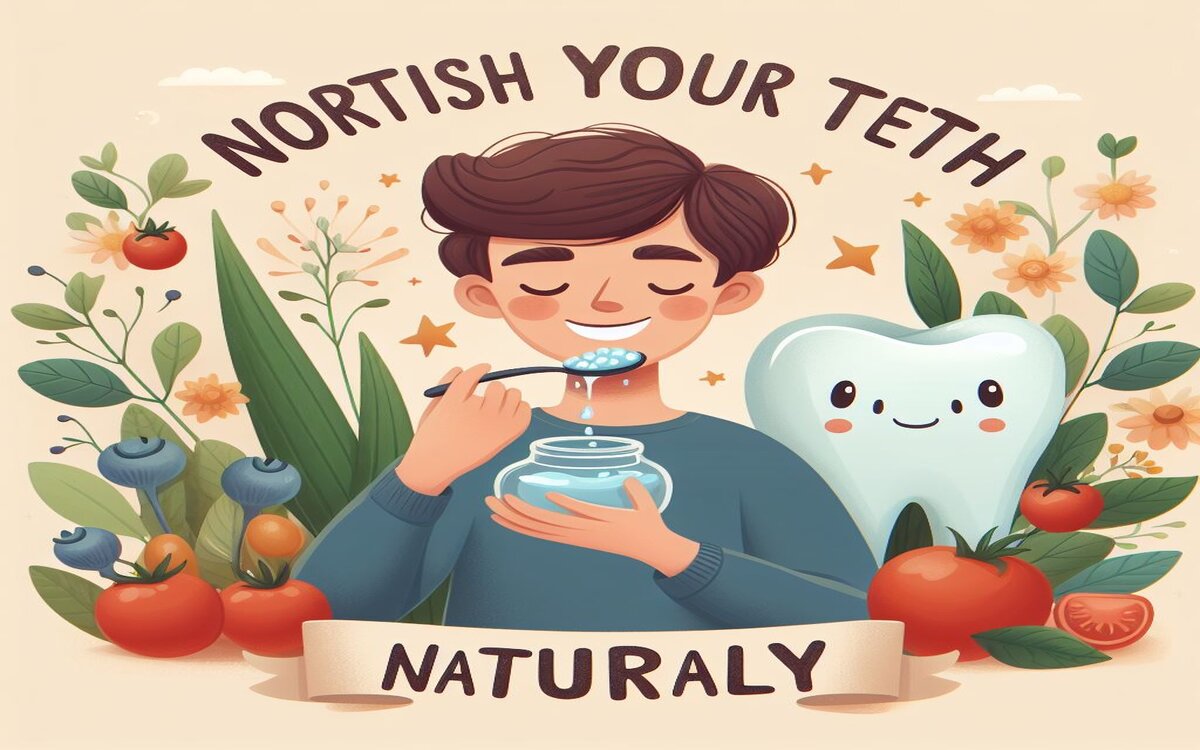Table of Contents
ToggleIntroduction
Maintaining a clean mouth is essential to your general health and wellbeing. A solid grin helps certainty as well as makes preparations for dental issues and advances general prosperity. The foundation of complete dental care begins with daily oral hygiene practices. We will go over the fundamental components of keeping your mouth solid with a dependable and productive oral cleanliness routine.
Brushing Your Teeth
 Regular toothbrushing is the cornerstone of daily oral hygiene. It helps in the evacuation of food particles, microorganisms, and plaque that could provoke gum sickness and tooth pits. Here are some crucial pointers for using a toothbrush properly:
Regular toothbrushing is the cornerstone of daily oral hygiene. It helps in the evacuation of food particles, microorganisms, and plaque that could provoke gum sickness and tooth pits. Here are some crucial pointers for using a toothbrush properly:
- At least twice a day, brush your teeth: in the morning and just before bed. Utilize a toothbrush with delicate fibers to forestall and chipping your gums and enamel.
- Replace your toothbrush every 3-4 months or when the bristles become frayed.
- Spend at least two minutes brushing every surface of your teeth with a toothbrush.
- Don’t forget to brush your tongue, as it can harbor bacteria and cause bad breath.
Flossing

Brushing and flossing are equally necessary since they both remove debris and bacteria from between your teeth and along the germline. It is necessary to stop gum disease and cavities. Here’s how to floss correctly:
- Make use of around 18 inches of dental floss, wrapping it around your fingers and leaving a small section to work with.
- Gently wrap the floss in a “C” form around each tooth, slipping it between them.
- Be gentle to avoid damaging your gums, but ensure the floss reaches the gumline.
Mouthwash

An extra precaution that may help remove germs, improve breath quality, and fortify teeth is using mouthwash. Look for an antimicrobial or fluoride mouthwash recommended by your dentist. Remember that using mouthwash does not replace brushing. and flossing but rather a complement to your daily oral hygiene routine.
Mouthwash is a liquid solution used as a complement to your daily oral hygiene routine. It helps freshen breath, reduce bacteria in the mouth, and strengthen teeth. There are two main types of mouthwash:
-
- Antimicrobial mouthwash: It contains active ingredients like chlorhexidine or cetylpyridinium chloride, which can help reduce bacteria and fight gum disease. Dentists may recommend this for specific oral conditions.
- Fluoride mouthwash: It contains fluoride, which can help prevent tooth decay and strengthen tooth enamel.
It’s important to note that mouthwash should not replace regular brushing and flossing but can be a valuable addition to your oral care routine. Consult your dentist to determine which type of mouthwash is suitable for your specific oral health needs
A Balanced Diet

One of the most important things in preserving good oral health. Restrict your intake of acidic and sugary meals and drinks since these might aggravate tooth decay and erosion.
A balanced diet for good oral health includes:
- Drinking plenty of water to rinse away food particles and bacteria.
- Limiting sugary and acidic foods to prevent tooth decay and enamel erosion.
- Enjoying treats in moderation and during meals.
- Avoiding excessive snacking to reduce constant exposure to harmful substances.
- Chewing sugar-free gum with xylitol to stimulate saliva and reduce cavities risk.
- Supplement rich food varieties like natural products, vegetables, dairy, and lean proteins.
Regular Dental Check-Ups

Together with your regular oral hygiene regimen, regular dental check-ups are essential. Your dentist can detect and address issues early, provide professional cleanings, and offer advice tailored to your oral health needs.
Regular dental check-ups involve visiting your dentist at recommended intervals, typically every six months, for complete dental care. Your dentist examines for cavities and gum disease during these visits as a part of complete dental care. They likewise do master cleanings and provide information on maintaining excellent oral hygiene. Frequent examinations are essential for preserving long-term oral health and a self-assured smile, as they may spot and stop dental problems early on, contributing to complete dental care.
Conclusion:
Daily oral hygiene practices are the foundation of complete dental care By keeping a reliable everyday practice of brushing, flossing, and utilizing mouthwash, alongside a fair eating regimen and ordinary dental check-ups, you can partake in a sound, sure grin and decrease the gamble of dental issues. Focusing on your oral wellbeing is an interest in your general prosperity, and it’s never past time to begin rehearsing great oral cleanliness for complete dental care.






1 Comment
Your comment is awaiting moderation.
Your article helped me a lot, is there any more related content? Thanks! https://accounts.binance.com/en-IN/register?ref=UM6SMJM3
Your comment is awaiting moderation.
Thanks for sharing. I read many of your blog posts, cool, your blog is very good.
Your comment is awaiting moderation.
Your point of view caught my eye and was very interesting. Thanks. I have a question for you. https://www.binance.com/en/register?ref=JHQQKNKN
Your comment is awaiting moderation.
I don’t think the title of your article matches the content lol. Just kidding, mainly because I had some doubts after reading the article.
Your comment is awaiting moderation.
Your article helped me a lot, is there any more related content? Thanks!
Your comment is awaiting moderation.
Your point of view caught my eye and was very interesting. Thanks. I have a question for you.
Your comment is awaiting moderation.
探索經典魅力:Adidas Samba 與 Samba OG 不朽傳奇 adidas samba哪裡買最便宜?
Your comment is awaiting moderation.
Your article helped me a lot, is there any more related content? Thanks!
Your comment is awaiting moderation.
converse all star(簡稱All Star)系列以其獨特的魅力和卓越的品質,成爲了衆多時尚愛好者和街頭文化的忠實追隨者。converse哪裡買最便宜
Your comment is awaiting moderation.
對於跑步愛好者和日常運動的人士來說,Nike Air Zoom 是一雙備受推崇的運動鞋。nike zoom哪裡買最便宜
Your comment is awaiting moderation.
Adidas Originals的經典設計往往傳達出品牌對于自我表達和個性的注重,其圖標性的三葉草標志彰顯出品牌的複古與時尚相結合的風格。 adidas originals哪裏買最便宜?
Your comment is awaiting moderation.
微笑項鍊 Tiffany:經典與時尚的完美融合tiffany 價格查詢
Your comment is awaiting moderation.
Thank you for your sharing. I am worried that I lack creative ideas. It is your article that makes me full of hope. Thank you. But, I have a question, can you help me?
Your comment is awaiting moderation.
Thanks for sharing. I read many of your blog posts, cool, your blog is very good. https://accounts.binance.com/pl/register-person?ref=YY80CKRN
Your comment is awaiting moderation.
современные технологии – свобода СМИ Казахстан, истории о семье
[…] Introduction […]